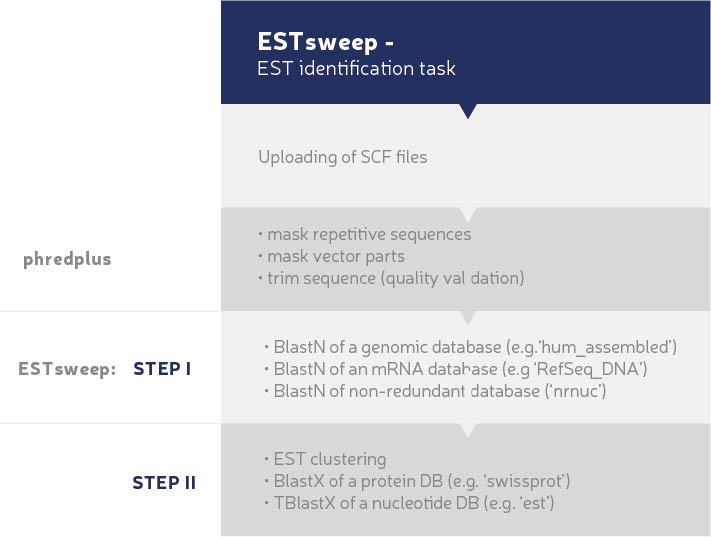Introduction:
The project was designed to identify and analyze genes and gene networks to better understand the complex processes responsible for both, normal and pathological skeletal growth, development and homeostasis. The work has its main focus on human disorders and will take advantage of the mouse as a model system for functional studies. Our results should provide both an essential tool to investigate the molecular basis of numerous inherited disorders of the growing skeleton, as well as crucial information on mechanisms involved in cartilage/bone remodeling and degeneration as observed in osteoarthritis, osteoarthrosis and osteoporosis.
The research in this field was hampered by the fact that cartilage – and especially human cartilage – has restricted accessibility and is a scarce source of RNA. Consequently, this tissue was not included in most EST projects, and was not investigated systematically in patient tissues by expression profiling. Our work is founded on the only human fetal cartilage cDNA library available today (provided to us by Dr. B. Lee, Baylor College of Medicine, Houston). The implementation of the proposed strategy was successful and the initial goals were reached. New scientific aspects (see below) resulted in some changes of time schedule and in the final program of the project.

